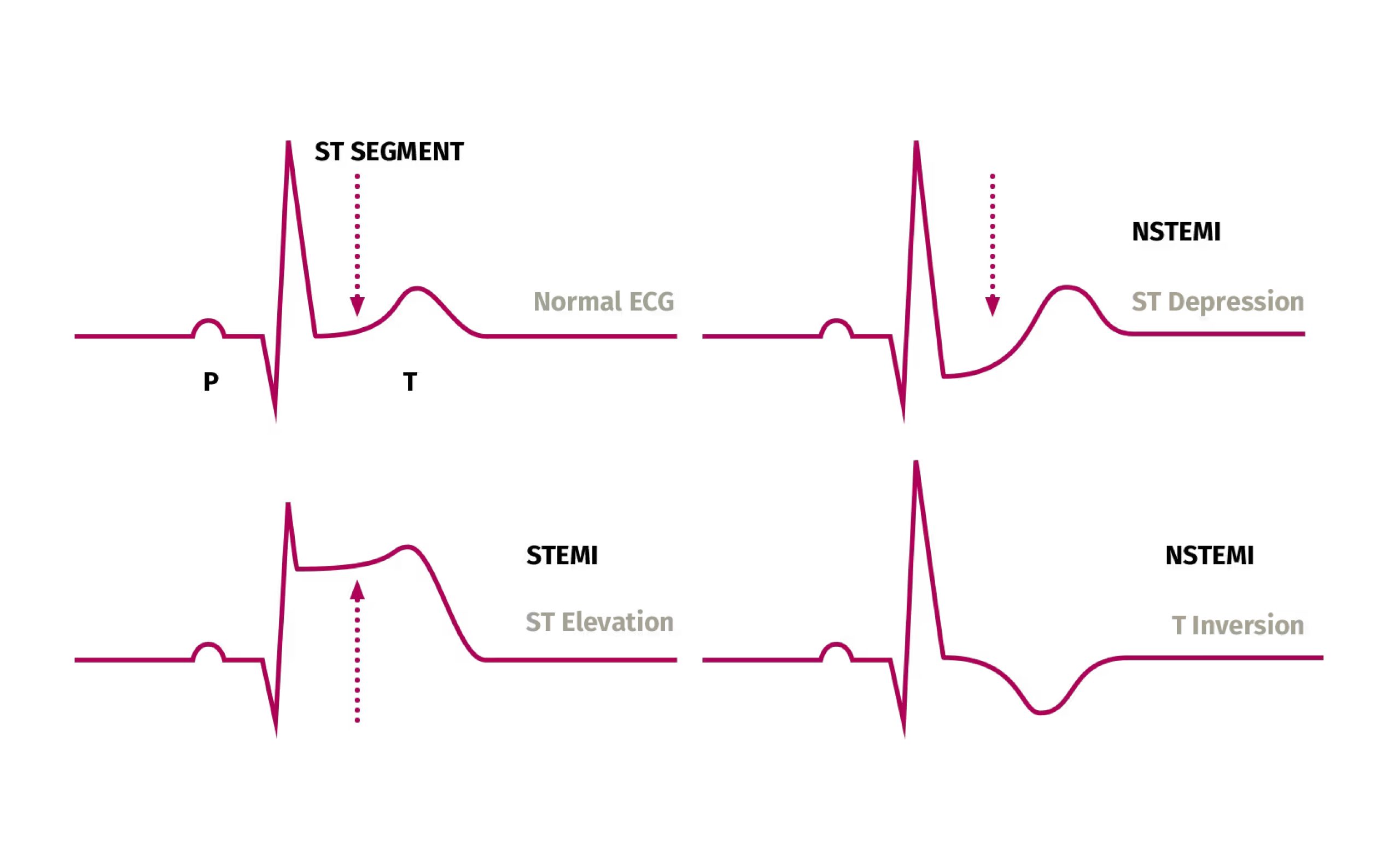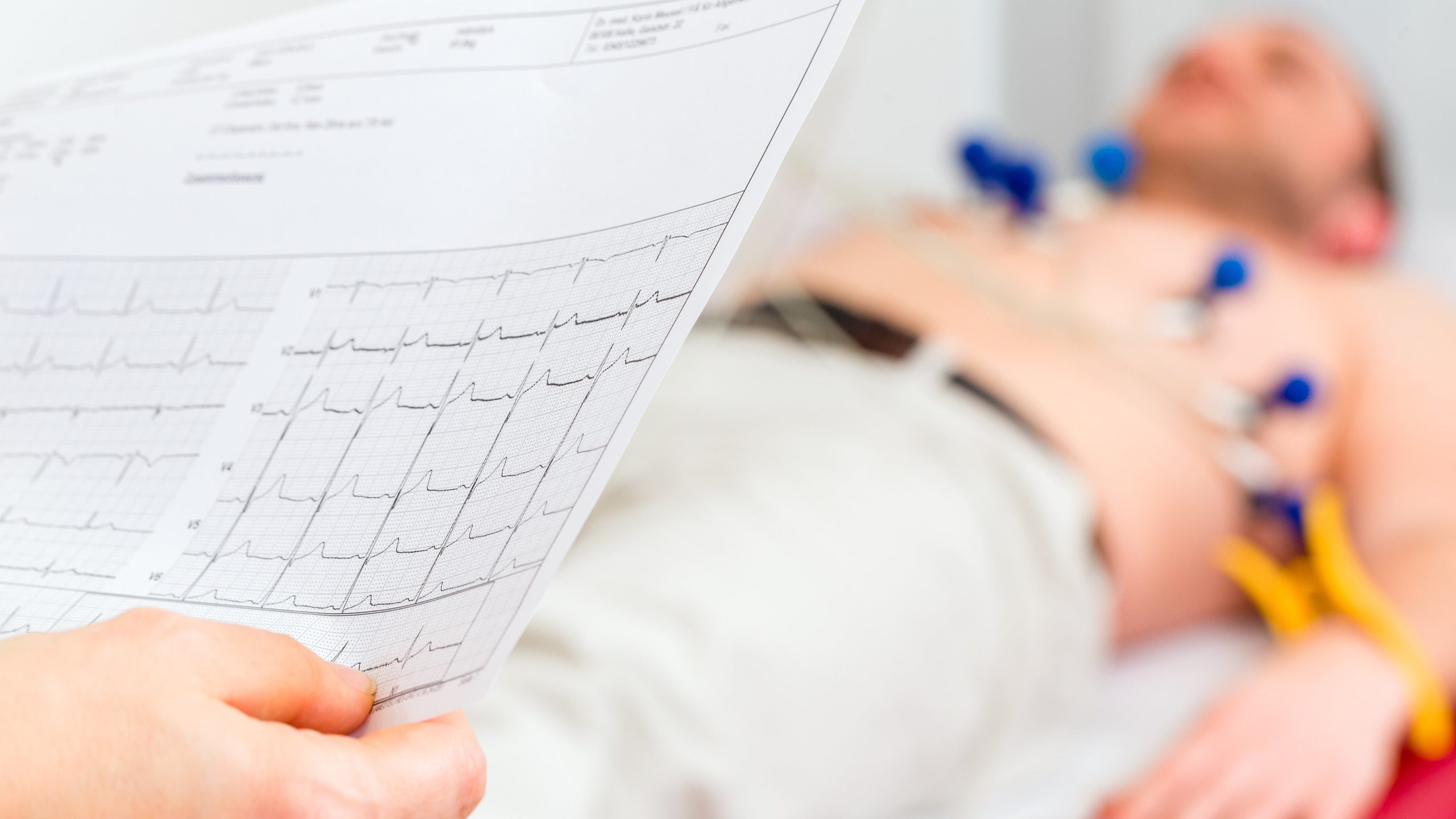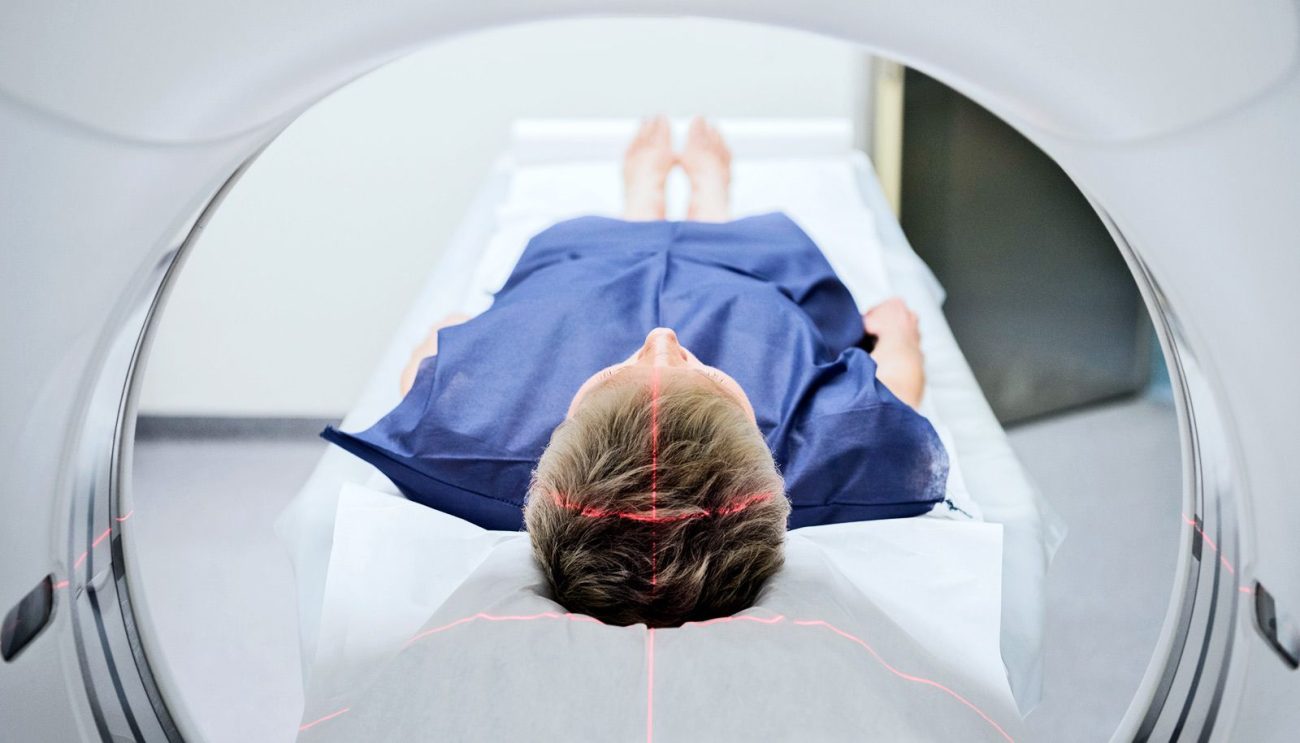What is ECG or EKG?
Electrocardiography (ECG or EKG) is a common medical procedure that records the electrical activity of the heart. It is a non-invasive procedure that aids physicians in diagnosing and monitoring a variety of heart conditions. The ECG measures the electrical signals generated by the heart as it beats, providing valuable information about the rhythm, rate, and overall function of the heart.
Electrodes are placed at specific points on the patient’s chest, arms, and legs during an ECG. These electrodes detect and transmit the electrical impulses generated by the heart to a device known as an electrocardiograph. The electrocardiograph then converts these signals into a series of waves or lines that represent the heart’s electrical activity. For further analysis, this data is displayed on a screen or printed on paper.

The ECG is a fundamental tool in cardiology that serves multiple functions. It can aid in the diagnosis of conditions such as arrhythmias, or abnormal heart rhythms, and myocardial infarction, also known as a heart attack. By analyzing the patterns and intervals of the ECG waves, doctors can determine if the heart’s electrical system is functioning normally.
In addition, the ECG can be utilized to monitor the efficacy of certain medications and treatments for heart conditions. It can monitor changes in the electrical activity of the heart over time, enabling physicians to assess the progression of a patient’s condition and adjust treatment accordingly. In some instances, patients may be required to wear a portable ECG device for an extended period in order to record their heart’s activity throughout their daily activities.
The ECG is a quick, painless, and minimally risky procedure. However, skilled technicians and physicians are required to accurately interpret the results.
A misdiagnosis or a delay in treatment may result from misinterpretation or overlooking of abnormal findings. Therefore, it is crucial that healthcare professionals be well-trained in ECG interpretation and have access to sophisticated equipment that ensures accurate readings.
Electrocardiography (ECG or EKG) is a crucial diagnostic tool in cardiology that provides invaluable information about the electrical activity of the heart. It assists physicians in diagnosing various heart conditions and monitoring treatment efficacy. With proper training and advanced equipment, healthcare professionals can improve patient care and outcomes by utilizing the ECG.


